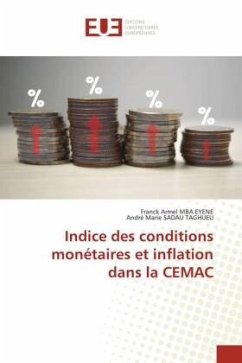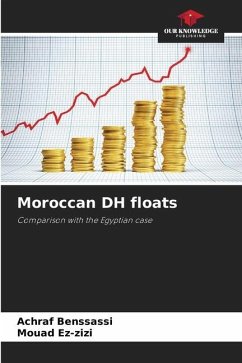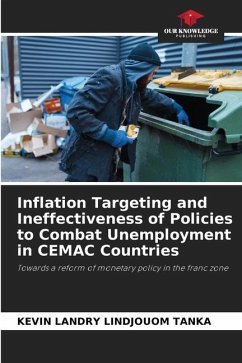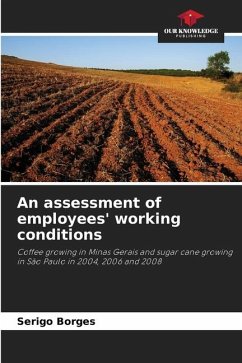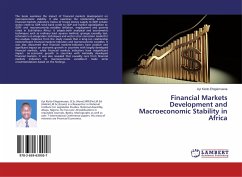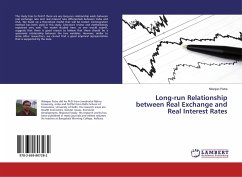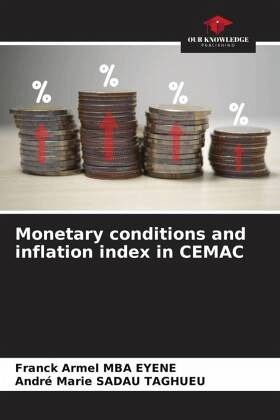
Monetary conditions and inflation index in CEMAC
Versandkostenfrei!
Versandfertig in 6-10 Tagen
29,99 €
inkl. MwSt.

PAYBACK Punkte
15 °P sammeln!
For a long time, the effectiveness of a central bank's monetary policy (MP) was assessed on the basis of the interest rate or the exchange rate. Since this approach has shown many shortcomings, a "monetary conditions" indicator has been developed, which better reflects the degree of easing or tightening of MP. It synthesizes the information provided separately by each monetary policy instrument. The aim of this work is to construct a Monetary Conditions Indicator (MCI) specific to the economic system of the Central African Economic and Monetary Community (CEMAC). By estimating a model of simul...
For a long time, the effectiveness of a central bank's monetary policy (MP) was assessed on the basis of the interest rate or the exchange rate. Since this approach has shown many shortcomings, a "monetary conditions" indicator has been developed, which better reflects the degree of easing or tightening of MP. It synthesizes the information provided separately by each monetary policy instrument. The aim of this work is to construct a Monetary Conditions Indicator (MCI) specific to the economic system of the Central African Economic and Monetary Community (CEMAC). By estimating a model of simultaneous equations derived from the quarterly projection model of the Bank of Central African States (BEAC) and economic theory, we were able to determine the respective impacts of interest and exchange rates on inflation. The simplest form of the MCI was then deduced, which seems to give an effective account of the impact of monetary conditions on inflation in the CEMAC zone.



